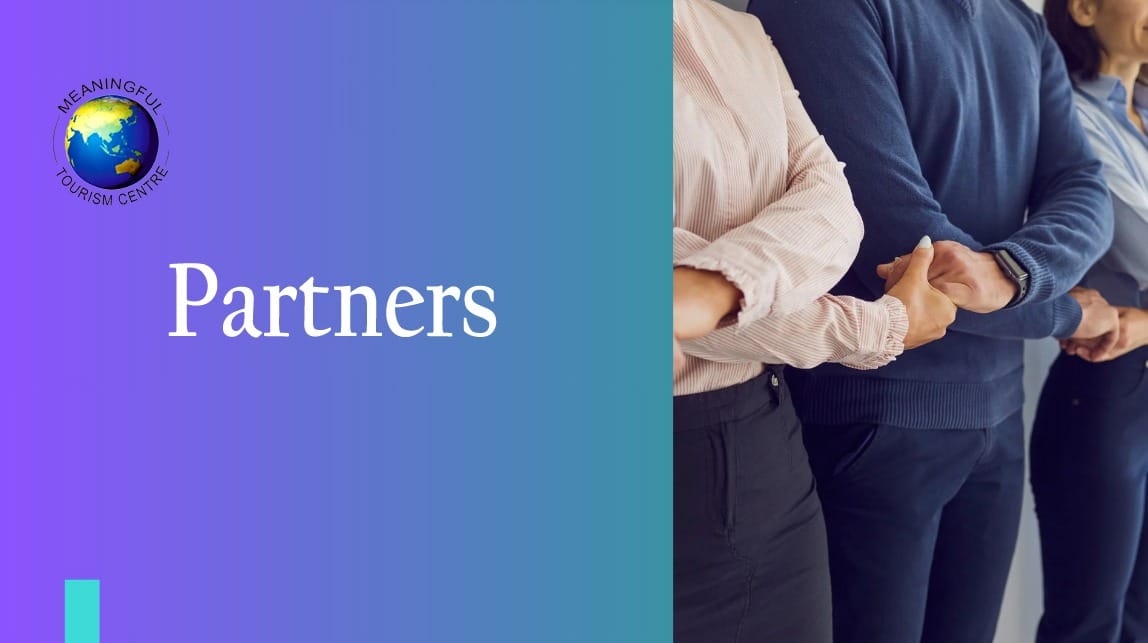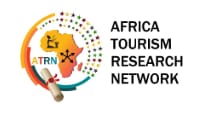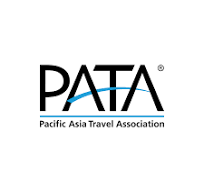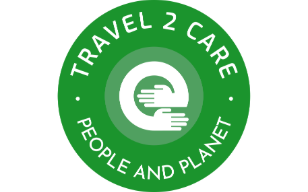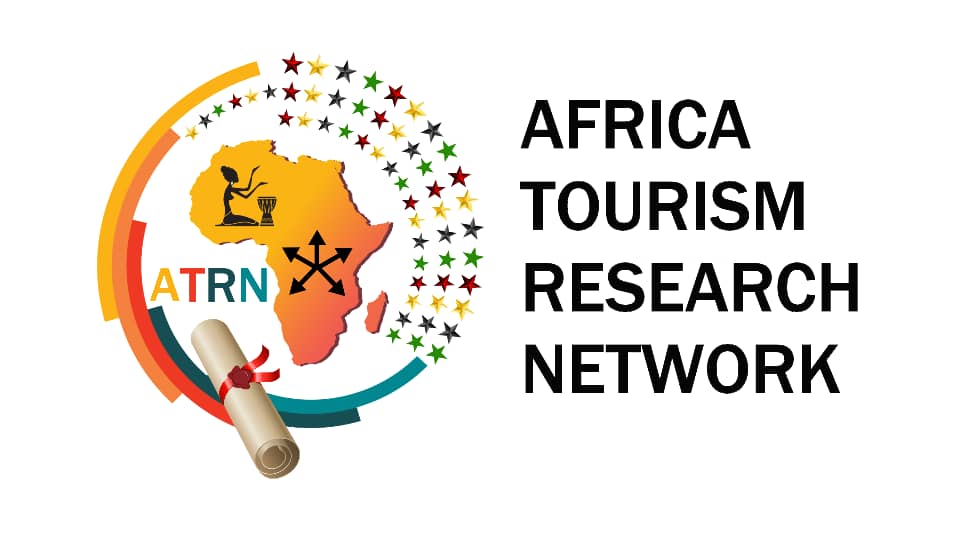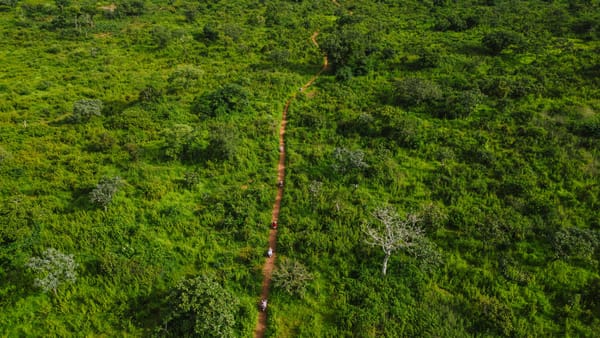The Canary in the Tourism Coalmine is choking already

Dear reader,
Your humble editor hopes that you all had the opportunity today to join the Meaningful Tourism for Africa Webinar, organised by the Meaningful Tourism Centre, the Africa Tourism Research Network and the Institute for Tourism. If not, you can find a video recording of the complete webinar on www.institutetourism.com.
Insurance is certainly one of the most boring topics and seldom mentioned in the discussions about the threats to the tourism industry and to the global economy at large as result of the Climate Change.
However, “The insurance sector is a canary in the coalmine when it comes to climate impacts,” emphasized Janos Pasztor, former UN Assistant Secretary-General for Climate Change, already almost ten years ago.
More recently, Carolyn Kousky, Associate Vice President for economics and policy at the Environmental Defence Fund pointed out that “Insurance is where many people are feeling the economic impacts of climate change first. That is going to spill over into housing markets, mortgage markets, and local economies.”
Her recent article named “Is California becoming Uninsurable?” ends with the observation “that there is an ongoing tension between having insurance be available and having it be affordable. … Risks are growing dramatically … and the long-term outlook for insurability remains questionable.”
In a Guardian interview Günther Thallinger, board member of Allianz SE, one of the world’s biggest insurance companies, underlined that the world is fast approaching temperature levels where insurers will no longer be able to offer cover for many climate risks. Without insurance, which is already being pulled in some places, many other financial services become unviable, from mortgages to investments. Global carbon emissions are still rising and the damage resulting from a rise in global temperature by 3C above pre-industrial levels will be so great that governments will be unable to provide financial bailouts and it will be impossible to adapt to many climate impacts. Heat and water destroy capital. Flooded homes lose value. Overheated cities become uninhabitable.
Thallingers conclusion is sobering: “There is no way to ‘adapt’ to temperatures beyond human tolerance … Whole cities built on flood plains cannot simply pick up and move uphill.”
If climate damage cannot be insured against, covered by governments, or adapted to, that means “no more mortgages, no new real estate development, no long-term investment, no financial stability. The financial sector as we know it ceases to function. And with it, capitalism as we know it ceases to be viable.”
What is the reaction to this dark forecast? Lisa Sachs, the director of the Columbia Center on Sustainable Investment, recently answered clearly: it is the wrong one.
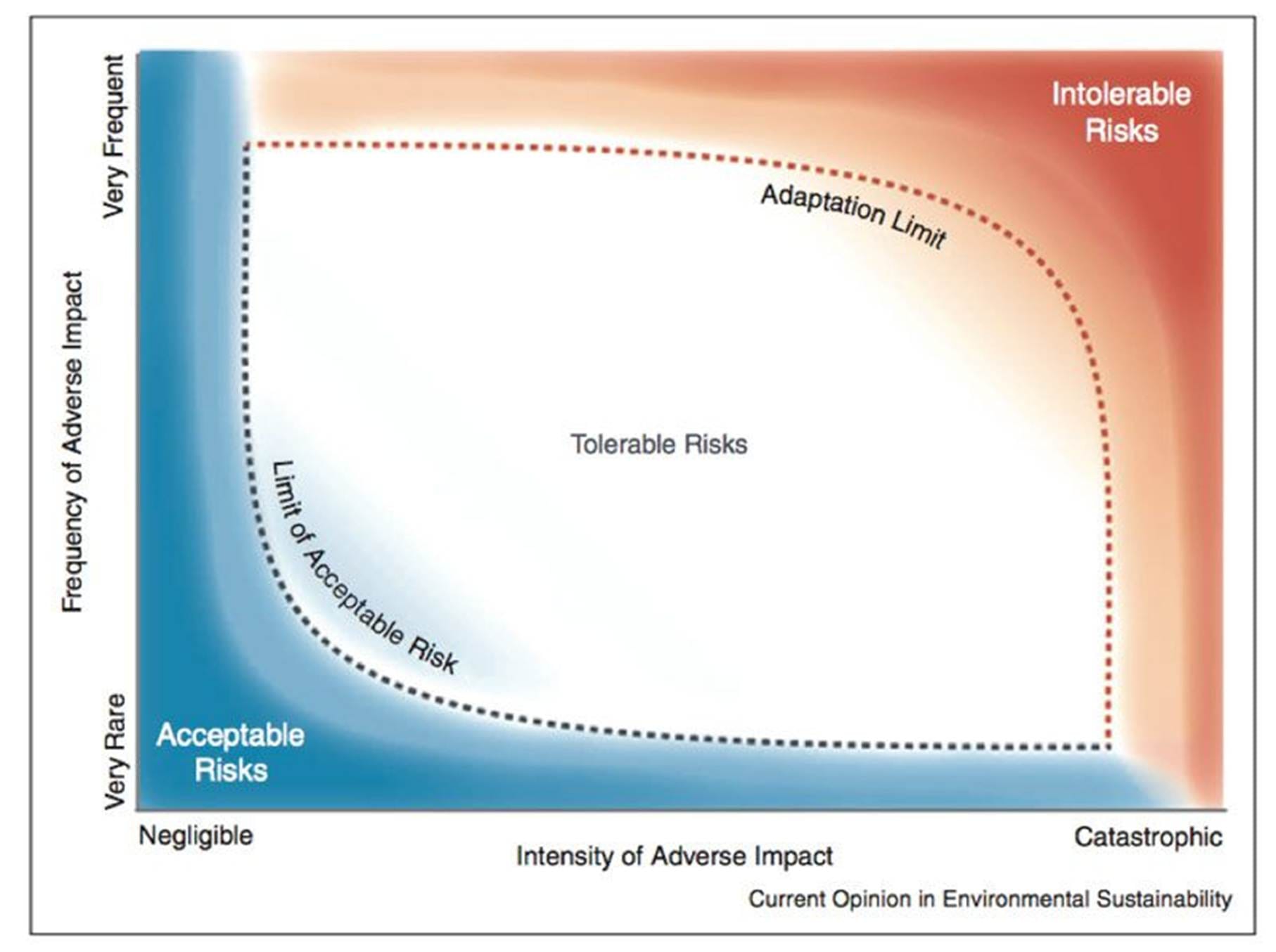
Climate Impact on Tourism
“Adaptation & resilience are now central to climate finance discourse. On one hand, this is long overdue. On the other, this rising emphasis reflects a deeper failure: we continue to woefully underfund mitigation, with the disastrous consequences long predicted. Attention is tilting toward adaptation/resilience without a coherent plan to fully decarbonize our global economy. That is a losing strategy.”
Echoing Thallingers words, she points out that adaptation has hard and imminent limits “as extreme heat will cross lethal thresholds, coastal infrastructure cannot be endlessly elevated or protected, crop yields even of climate-resilient varieties will decline and tipping points like coral reef collapse, permafrost thaw, and rainforest loss are irreversible and non-adaptable. As a result, all climate-smart technologies will be overwhelmed by compounding extremes.” Adaptation will become more and more expensive, less and less effective, and eventually impossible.
Lisa Sachs concludes that there is a need for financing BOTH full decarbonization and adaptation. However, your humble editor fails to see any signs that this is going to happen.
What does that mean for tourism? Obviously, the tourism industry can only influence a small part of the continuous usage of fossil fuels, which nevertheless needs to be pushed for from building prefabricated hotels to pressuring the aviation industry to speed up the introduction of SAF Sustainable Aviation Fuels. Leisure tourism might stop to exist as one of the victims of the faltering global economy in three or four decades. Nevertheless, in the meantime all hands should be aboard in using our possibilities to establish a Meaningful Tourism economy by adaptation to new forms, times, and spaces of tourism and by the decarbonization we can influence. The canary in the tourism coalmine is already choking, Let’s give it all the oxygen we can still manage to collect.
As always, all best wishes from Prof. Dr. Wolfgang Georg Arlt and the entire Meaningful Tourism Weekly team!

Editor: Prof. Dr. Wolfgang Georg Arlt

Many thanks to Nampetch Siramanon for providing the following guest article. She is based in Bangkok/Thailand and an expert for Corporate and Brand Communications, Marketing, and Sustainability. She has a Master of Arts degree in Development Communications from Chulalongkorn University. Since this week, she is one of the Certified Trainers for the Meaningful Tourism Transformational Game Workshop.
Photos: Payusai Praitalay
Koh Yao Noi: A Best Practice Model for Meaningful Tourism in Southeast Asia

Map of Koh Yao Noi, Thailand
As the global tourism industry shifts toward sustainability, Koh Yao Noi, a small island in southern Thailand, stands out as a leading example of how Meaningful Tourism can work in practice. While many destinations are still finding their path, Koh Yao Noi offers a real-world case of how communities can balance tourism, culture, and conservation.
Key Best Practices
1. Community-Led Development
Over 90% of the island’s population are Thai Muslims who continue to live by their traditions. Tourism was not imposed from outside—it was developed with the community. Homestays, local food vendors, and small tour operators are run by residents, ensuring that income stays local and cultural identity remains intact.
Lesson: Community ownership leads to resilience and authenticity.
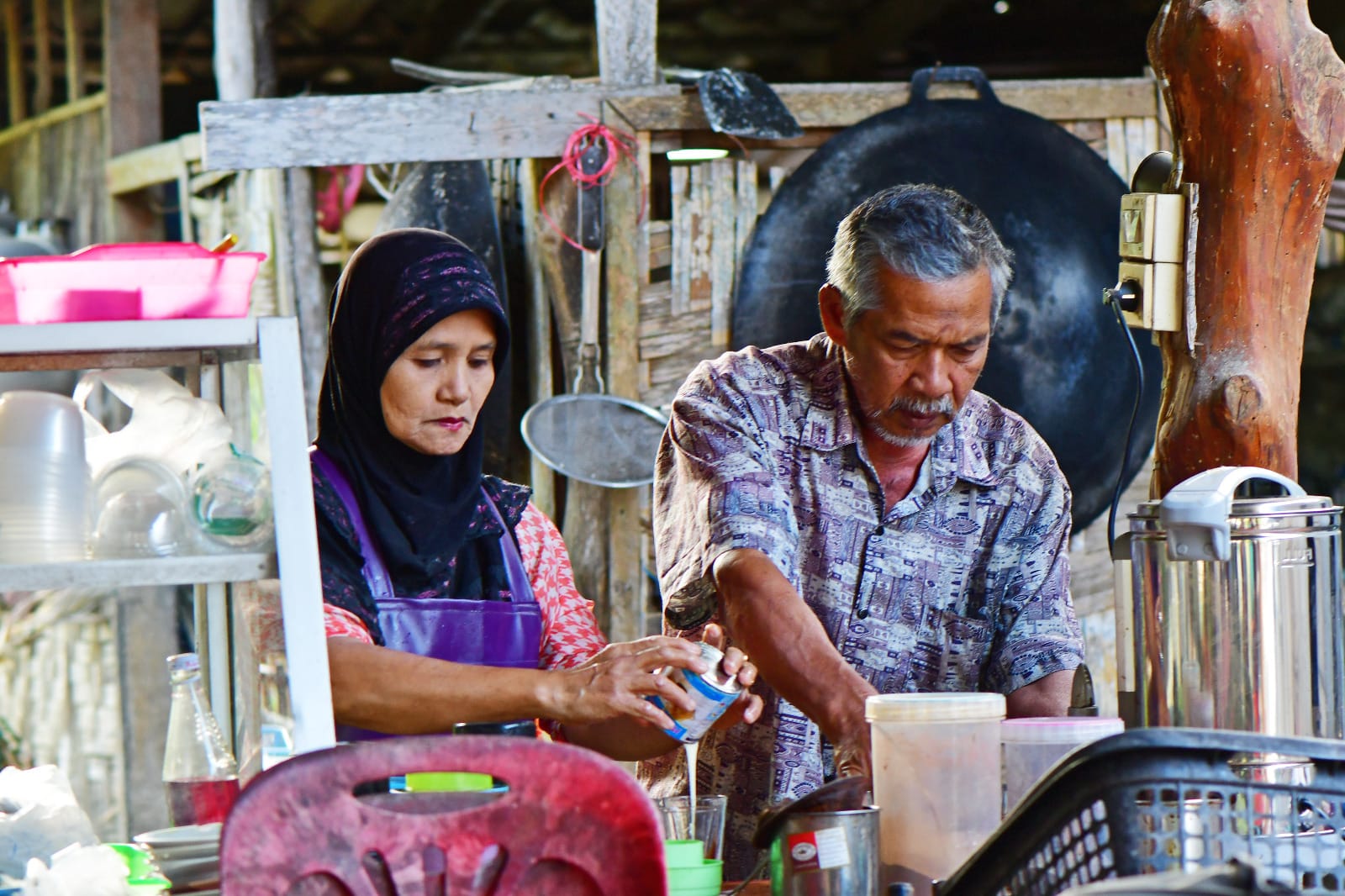
Community-led tourism on Koh Yao Noi
2. Harmonious Coexistence with Nature
Instead of overdevelopment, Koh Yao Noi has embraced low-impact tourism. Resorts—whether budget or luxury—are built with natural materials and designed to blend into the landscape. The island’s central plains are still used for rice and watermelon farming, and traditional fishing practices remain part of daily life.
Lesson: Tourism doesn’t have to replace traditional livelihoods—it can complement them.
3. Environmental Stewardship
Koh Yao Noi has earned its nickname as a Green Island through grassroots environmental action. Waste separation is standard. Solar power is used for fish farms and lodges. Local guides educate visitors about the island’s unique bird species, including hornbills and seabirds.
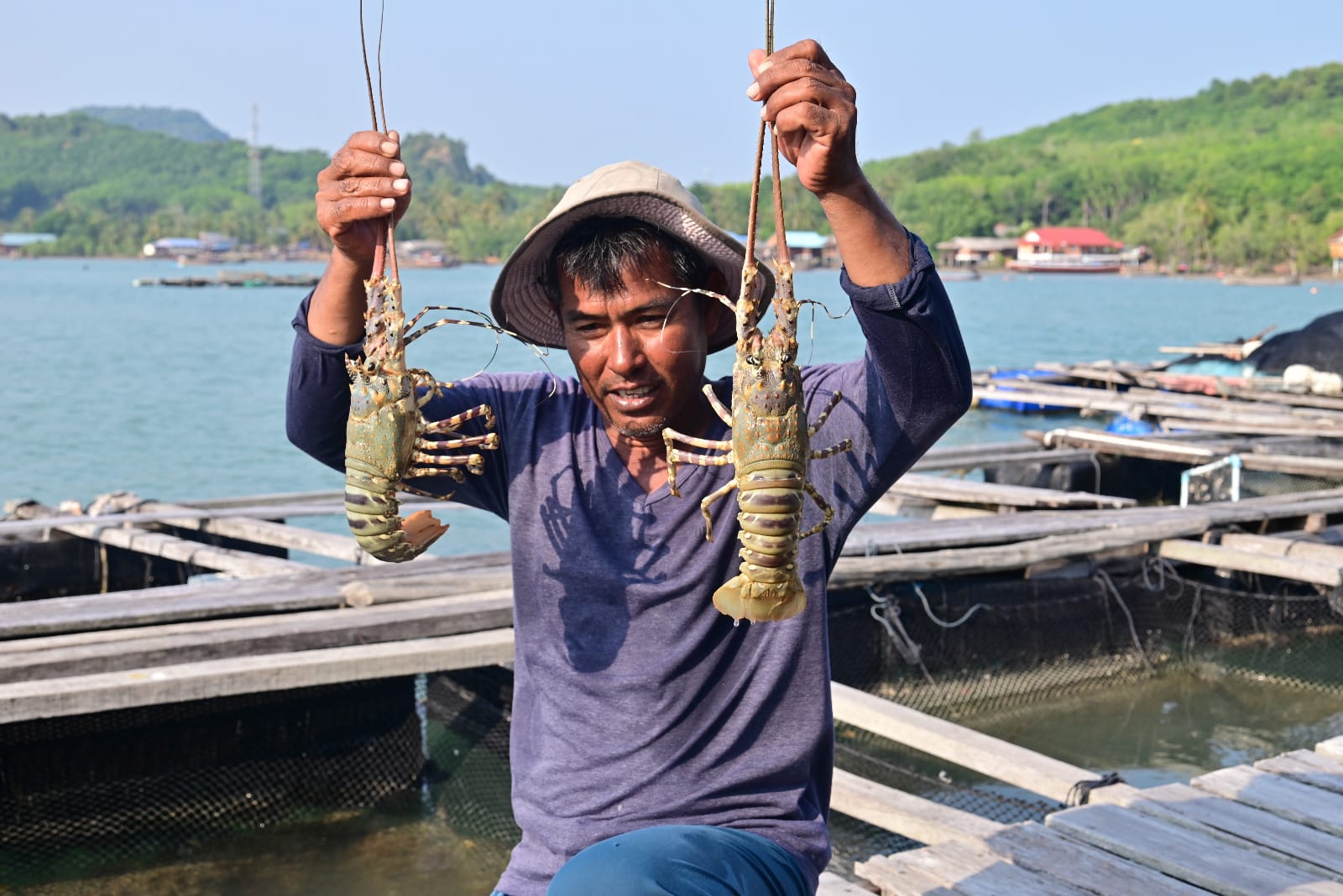
Environmental efforts on Koh Yao Noi
Lesson: Community-driven sustainability builds pride and long-term impact.
4. Authentic Visitor Experience
Instead of curated "cultural shows," visitors engage directly with island life—joining farmers in the fields, exploring local markets, and watching sunsets from the peaceful sandbar at Laem Had. The charm is real, not manufactured.
Lesson: Meaningful experiences come from real connection—not performance.
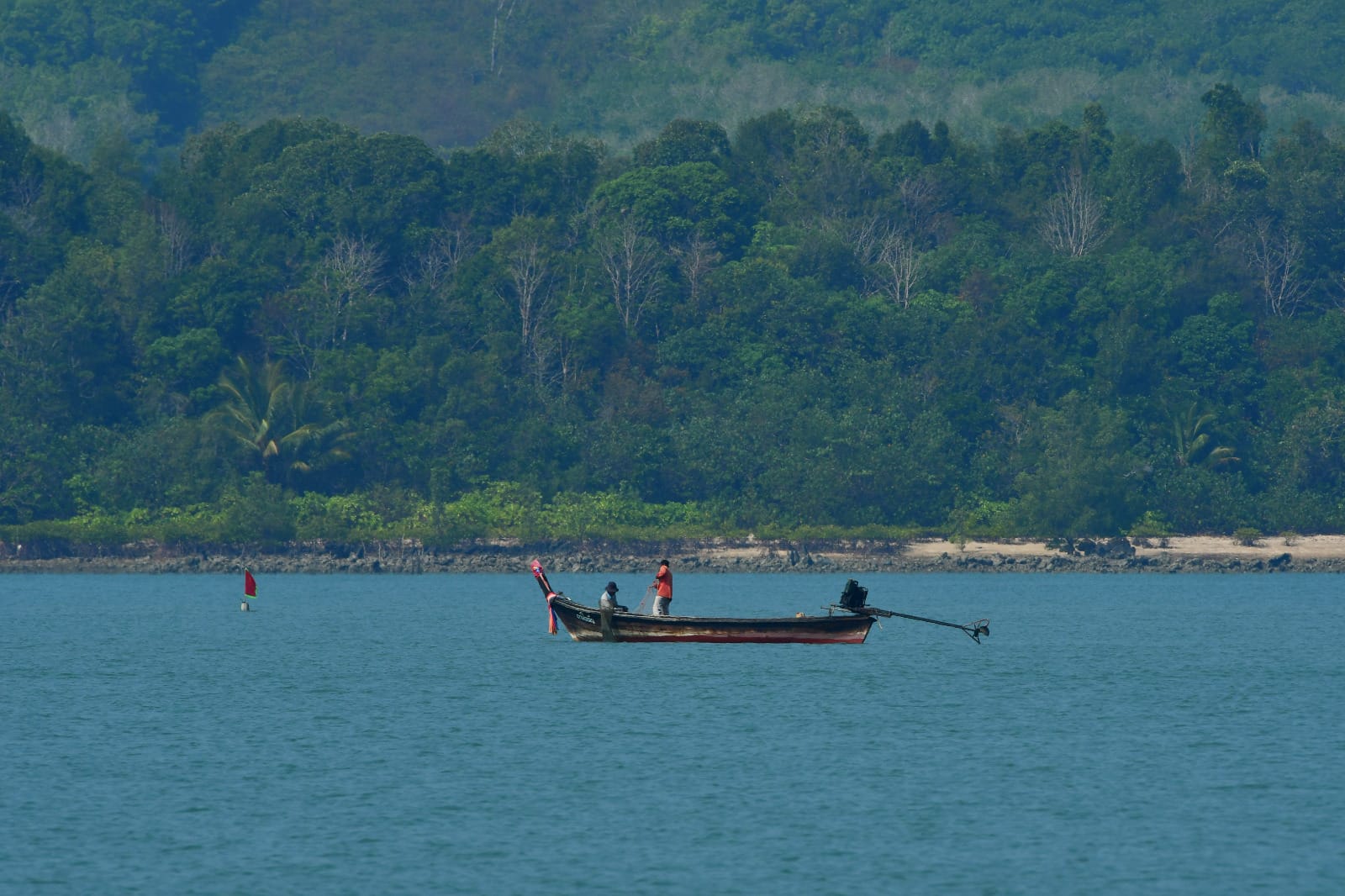
Authentic experiences for visitors
5. Global Recognition, Local Values
Koh Yao Noi has received the Kinnari Award from the Tourism Authority of Thailand three times and was recognized by National Geographic Traveler for its Responsible Ecological Social Tourism Project in 2002. Yet despite this, the island has kept its values rooted in community, simplicity, and shared benefit.
Lesson: Recognition should reinforce—not disrupt—local integrity.
Why It Matters
Koh Yao Noi reminds us that sustainable tourism isn’t just about certifications or hashtags. It’s about creating systems where nature, culture, and people thrive together. For policymakers, tourism boards, and businesses, Koh Yao Noi provides a living lab of how this can be done—through inclusion, conservation, and care.
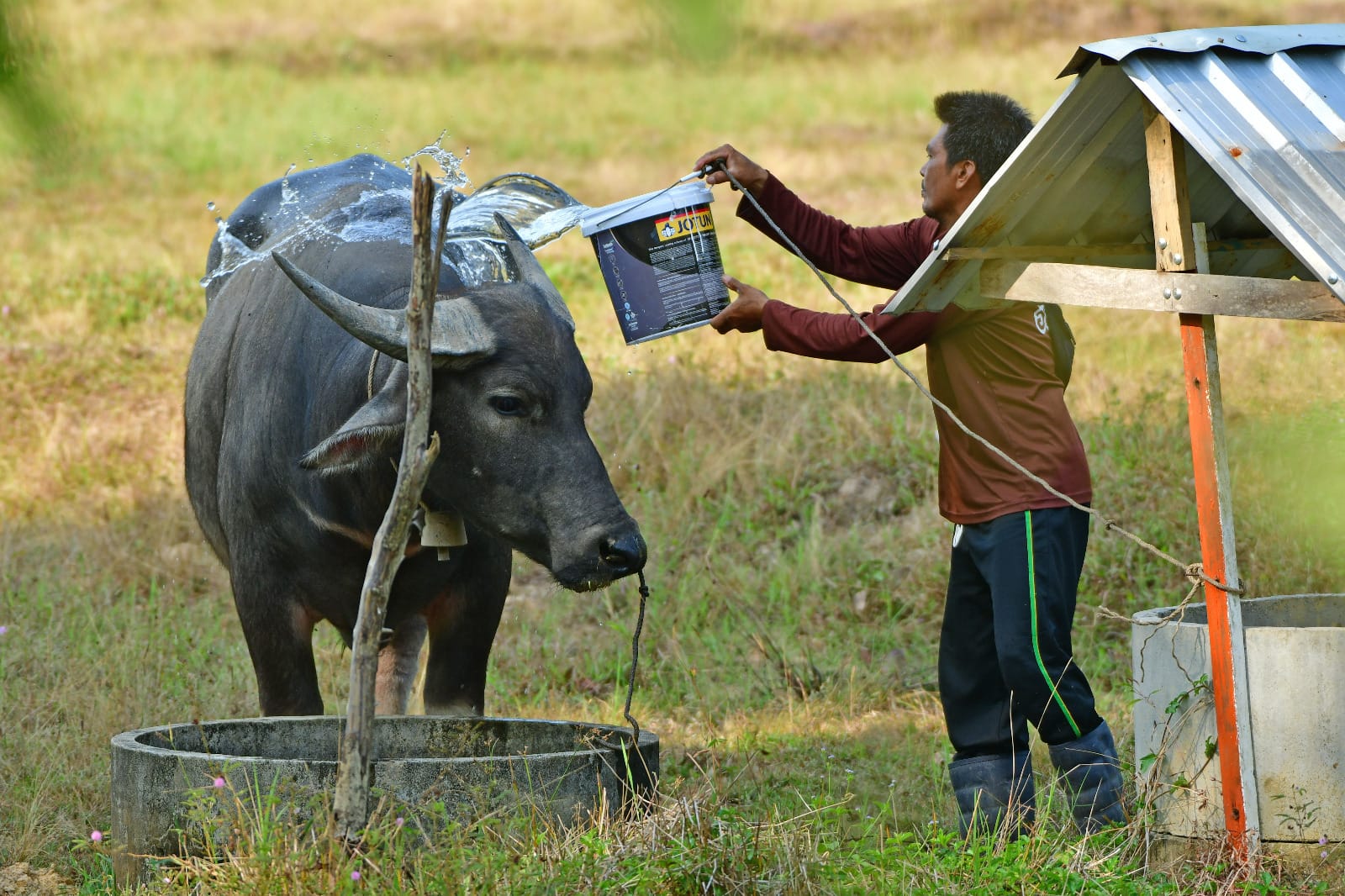
Sustainable tourism thriving on Koh Yao Noi
A Path Forward
Koh Yao Noi reminds us that small, community-rooted destinations can lead the way toward more sustainable and meaningful tourism. Rather than scaling up, they scale deep—deep in culture, nature, and human connection. For governments, NGOs, and tourism planners, the lesson is clear: support systems that let communities lead, protect what makes them unique, and invite travelers into real, respectful engagement. That’s not just good tourism—it’s the future.

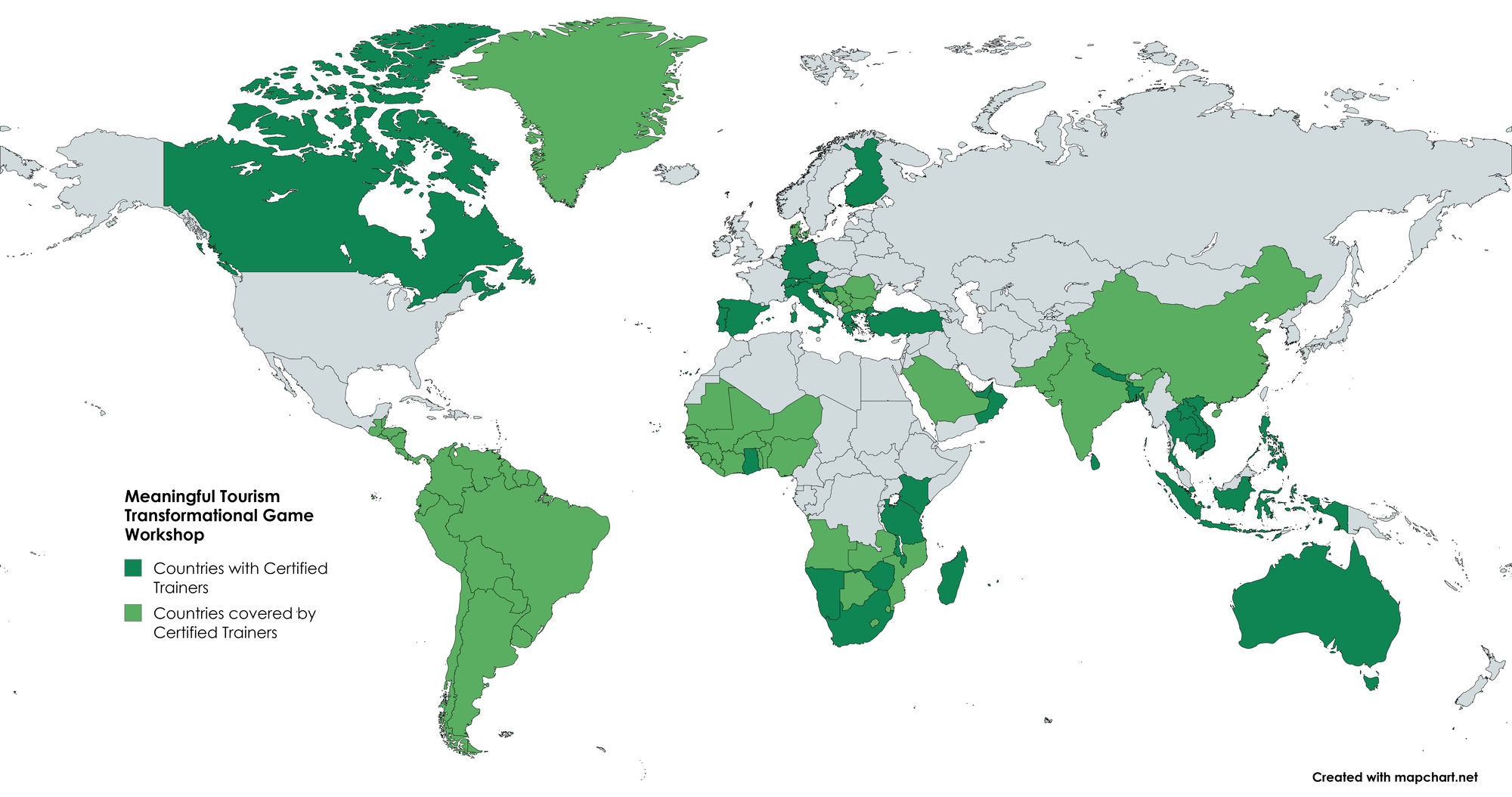
MTC is happy to invite more persons to become certified trainers and offering Meaningful Tourism Transformational Game Workshops in countries or regions not yet covered. If you have experience as a trainer and interest to support sustainable tourism, please contact us.
GITF 2025 Meaningful Tourism Forum Highlights


At the Guangzhou International Travel Fair (GITF) 2025, held in Southern China—a key hub for the country’s outbound tourism—Prof. Dr. Wolfgang Georg Arlt participated in the Meaningful Tourism Forum, organized under the theme “Meaningful Tourism – Enduring Connections.” In his presentation, Prof. Arlt emphasized that the future of tourism must move beyond volume-driven growth towards experiences that generate lasting value for all stakeholders: travelers, host communities, businesses, and the environment. Drawing from the Meaningful Tourism paradigm, he argued that sustainable tourism development requires creating balanced, respectful, and enriching encounters that foster genuine intercultural understanding and long-term socio-economic benefits. The Forum offered valuable insights into how Meaningful Tourism can serve as a guiding framework for rebuilding a more resilient and equitable global tourism system in the years ahead.
👉 Watch the highlights from the Meaningful Tourism Forum at GITF 2025 here and don’t forget to subscribe to the Meaningful Tourism YouTube channel for more insights and updates on the future of tourism!

Meet the Trainers for the Meaningful Tourism Transformative Game Workshop:
 Dr. Nurgül Boz is an assistant professor at Alanya Alaaddin Keykubat University in Antalya, Turkey, specializing in gastronomy and culinary arts with over 15 years of professional and academic experience.
Dr. Nurgül Boz is an assistant professor at Alanya Alaaddin Keykubat University in Antalya, Turkey, specializing in gastronomy and culinary arts with over 15 years of professional and academic experience.
She was the first PhD graduate of the Gastronomy and Culinary Arts Doctorate Program at Akdeniz University, completing her doctoral studies under Prof. Dr. Bahattin Özdemir and a distinguished jury. Her research explores consumer innovativeness in gastronomy, entrepreneurial intentions in tourism education, and digital food trends, with a keynote presentation on the latter at ICMCER-Virtual-2025.
A globally engaged scholar, Dr. Boz has led Erasmus workshops, including hosting Namibian academics, collaborated with FERRANDI Paris, and presented at Istanbul’s “Colors of the World Expo” on meaningful, sustainable tourism. Her work has been published in prestigious Q1 journals such as Current Issues in Tourism and the Journal of Multidisciplinary Academic Tourism.
Dr. Boz’s contributions bridge academic research and practical applications, advancing sustainable gastronomy and tourism through innovative, culturally rich, and globally connected initiatives.
Dr. Nurgül Boz’s work exemplifies a dedication to fostering sustainable tourism and culinary arts, driving impactful research, and promoting global collaboration in the field.
The Meaningful Tourism Weekly explores:
"What is the current situation of tourism in Türkiye, and how can the Meaningful Tourism paradigm help support its development?"
the answer...
Tourism in Türkiye has been undergoing a dynamic transformation, especially in the aftermath of the COVID-19 pandemic. While traditional tourism destinations such as Istanbul, Antalya, and Cappadocia continue to attract millions of visitors, there is a noticeable shift towards more sustainable, localized, and experience-oriented travel. Türkiye's rich cultural heritage, diverse gastronomy, and natural landscapes provide fertile ground for developing deeper, more meaningful tourism experiences.
However, challenges persist. Overtourism in major cities, underdevelopment of rural destinations, and the environmental strain caused by mass tourism are ongoing issues. Moreover, the lack of inclusive strategies often limits the involvement of local communities in the tourism value chain. This is where the Meaningful Tourism paradigm, introduced by Prof. Dr. Wolfgang Georg Arlt, can offer transformative potential.
The Meaningful Tourism paradigm emphasizes creating value for all stakeholders—tourists, host communities, businesses, and the environment. In Türkiye’s context, applying this approach means empowering local producers, promoting cultural authenticity, and fostering respectful intercultural interactions. For instance, initiatives that support women entrepreneurs in culinary tourism, promote indigenous food practices, or encourage storytelling around intangible heritage can align well with Meaningful Tourism principles.
To move forward, policymakers, academics, and tourism professionals must collaborate to integrate Meaningful Tourism into national strategies. Doing so will not only strengthen Türkiye’s global tourism appeal but also ensure resilience, equity, and sustainability across the sector, transforming tourism into a powerful tool for inclusive development.

For more information on the latest Meaningful Tourism news, we recommend looking at the following information from our partners and colleagues:
TRAVELLERS
CopenPay: Rewarding Sustainable Tourism in Copenhagen

CopenPay Initiative
A new initiative in Copenhagen—called CopenPay—uses positive incentives instead of guilt to encourage sustainable tourism. Visitors who engage in eco-friendly activities (like community gardening or free yoga) earn rewards that make green behavior feel fun and rewarding.
Commenters praised the approach as a “game changer” and noted its potential to be adapted in other destinations, including island tourism.
HOST COMMUNITIES
Coordinated Anti‑Tourism Protests Sweep European Cities

Anti-Tourism Protests
Across southern Europe on June 15, 2025, cities like Barcelona, Palma de Mallorca, Lisbon, Venice, Genoa, Ibiza, and more saw thousands of residents unite in the largest coordinated anti-tourism protests to date. Under banners such as “Your holidays, my misery” and “Mass tourism kills the city,” demonstrators wielded water pistols, smoke bombs, protest stickers, and symbolic street art.
COMPANIES
Travel 2 Care People and Planet: New Newsletter Edition

Travel 2 Care Newsletter
Travel 2 Care People and Planet, the company of our certified trainer Mayte Redondu Castuera, has published an insightful new edition of their newsletter, including articles about best practices in Mexico, Greenwashing in Spain, and much more.
GOVERNMENTS
China Strengthens in Global Tourism Landscape

China Global Tourism
China’s government remains committed to positioning the nation as a key engine of global tourism growth. Through strategic policy measures — including expanded visa-free access, significant infrastructure investments, and targeted promotion of cultural tourism — China is successfully fostering strong momentum in both domestic and outbound travel.
ENVIRONMENT
Thailand Travel Mart Plus 2025 Sets New Gold Standard for Sustainable Tourism

Thailand Travel Mart Plus 2025
Thailand Travel Mart Plus (TTM+) 2025, held June 4–6 in Chiang Mai, stood out as a carbon-neutral global tourism event, showcasing the country’s leadership in sustainable and culturally rich travel. Organized by the Tourism Authority of Thailand (TAT), the event hosted over 400 international buyers and 450 Thai sellers, including numerous small and community-based operators, with 110 hotels certified through carbon footprint standards.

Webinar: A Meaningful Pacific Asia Tourism Economy

Organised by: Pacific Asia Travel Association (PATA) & Meaningful Tourism Center (MTC)
Date: Tuesday, July 8, 2025
Time: 3:00 PM Bangkok | 9:00 AM London | 1:30 PM India | 4:00 PM Singapore | 6:00 PM Sydney
Duration: 90 minutes
Format: Live Webinar
Join us for an insightful webinar exploring a values-driven approach to tourism in the Asia Pacific. Learn how to prioritize community wellbeing, cultural preservation, and sustainability for a resilient tourism economy.
Introduced at the PATA Annual Summit 2025, the Meaningful Tourism vision encourages stakeholders to redefine success beyond arrivals and revenue, fostering inclusive and sustainable growth.
“A Meaningful Pacific Asia Tourism Economy” was adopted as PATA’s new Vision Statement at the 2025 Annual Summit, marking a bold step toward reimagining the future of tourism in the region.
Don’t miss this opportunity to shape a meaningful future for Asia Pacific tourism. Register now!


Speakers at the Webinar, including three Certified Trainers of MTC

About Meaningful Tourism Weekly
Meaningful Tourism Weekly is published every Thursday by the MTC Meaningful Tourism Centre (London and Kathmandu). This newsletter delivers a rich blend of content to its readers, designed to inspire and inform the global tourism community.
Each issue features the Meaningful Tourism Weekly Editorial, updates on MTC activities, a Best Practice example, a portrait of an MTC-certified trainer, news about upcoming events, and occasionally additional op-ed pieces from guest authors. Carefully selected news items, including videos and podcasts with links to original sources, are also included. These are categorized according to the six main stakeholders of tourism and hospitality as defined by the Meaningful Tourism paradigm: Traveller/Guests, Host community, employees in tourism and hospitality service providers, service providing companies, governments, and the environment.
Subscription to Meaningful Tourism Weekly is free, with no advertisements. Subscriber names and details are never shared with third parties, ensuring complete privacy.
Sponsorship opportunities are available for those interested in supporting this initiative.
For those keen to explore the work of the Meaningful Tourism Centre—offering trainings, market research, product adaptation, consulting services, conferences, strategy development, and marketing—visit our website www.meaningfultourismcentre.org or contact us at info@meaningfultourismcentre.org.
